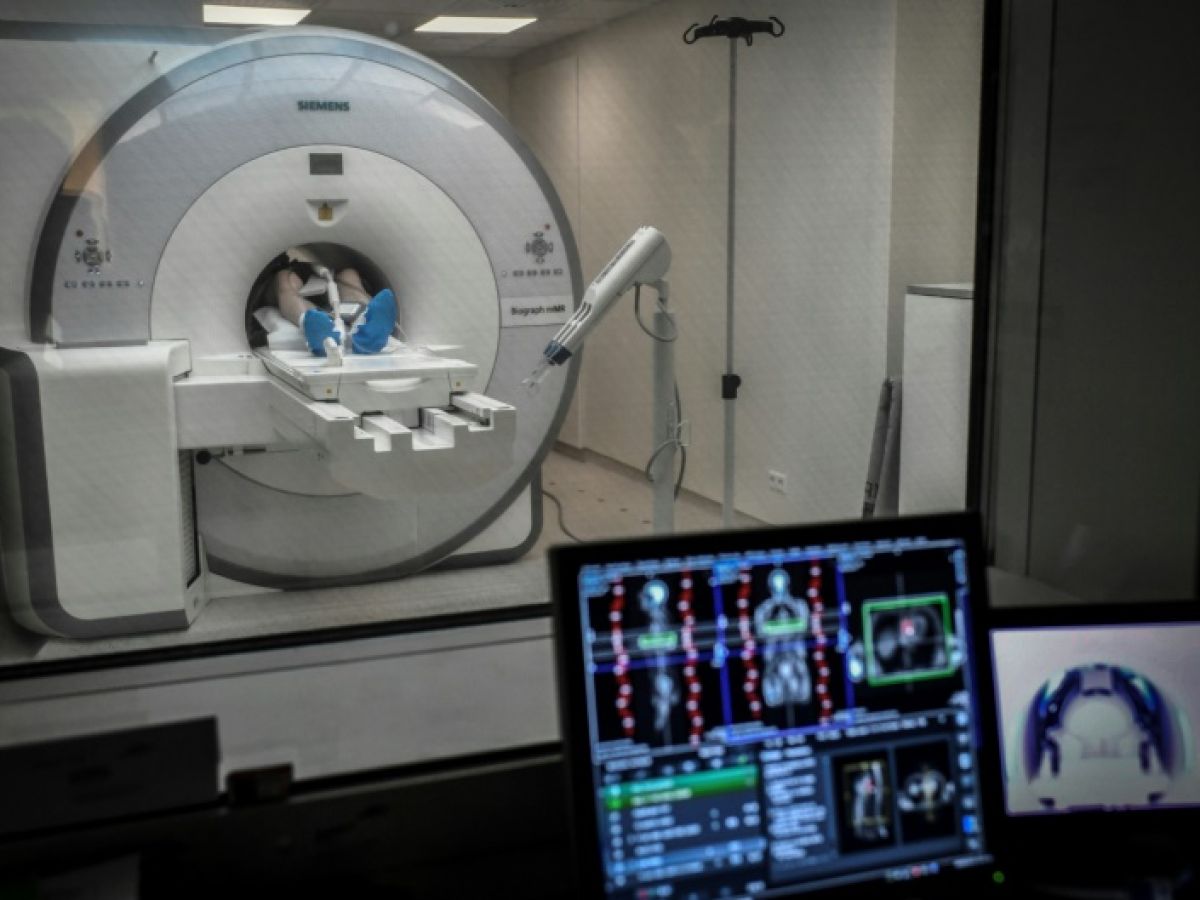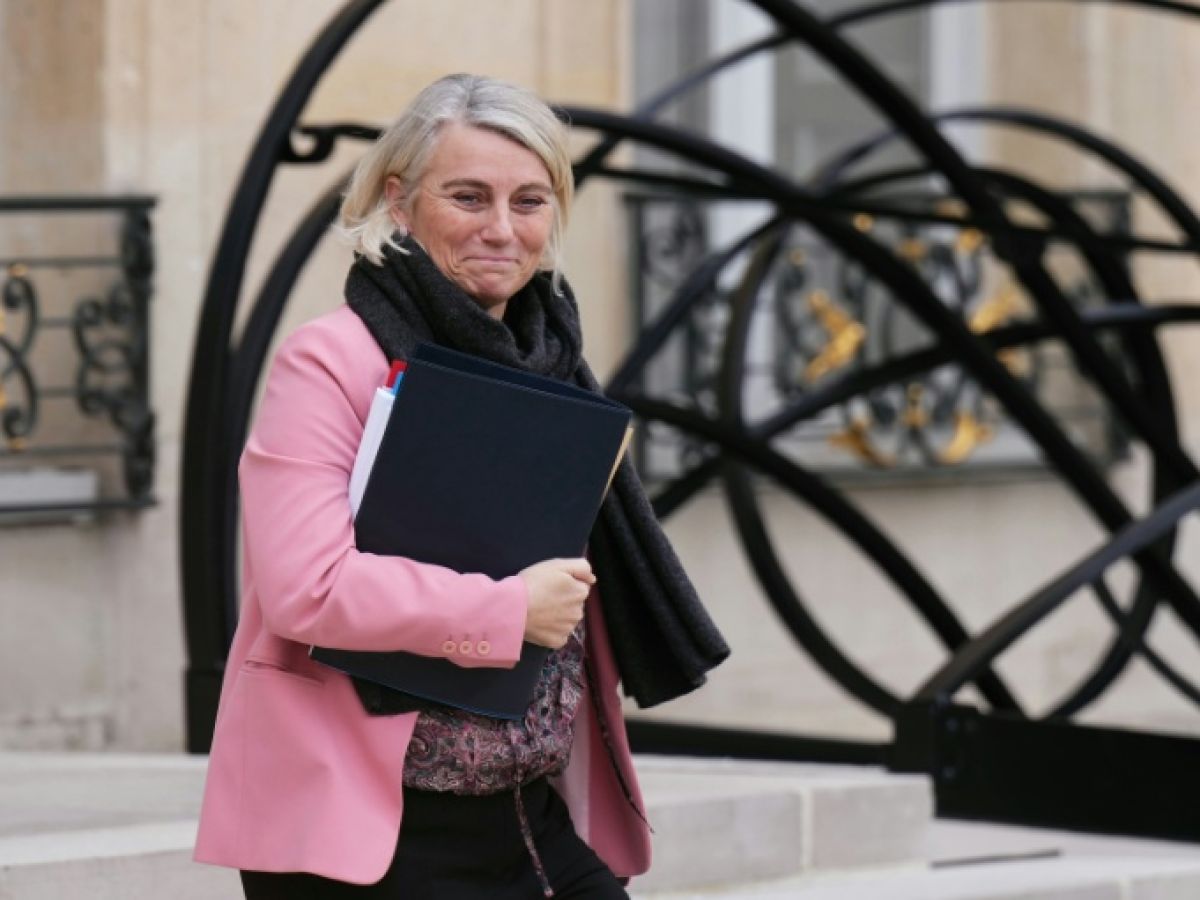A contrasting picture: for women, a "worrying" increase in lung and pancreatic cancers; for men, a stabilization, or even a decrease in the most common cancers, according to the 2024 panorama from the National Cancer Institute, which advocates for strengthening prevention and screening.
Mainly due to a demographic cocktail (population increase and aging) but also to risks related to lifestyles, the incidence of cancers has significantly increased in France over the last 20 years, as in other Western countries. For 2023, 433,333 new cases have been anticipated.
Cancers, which kill more than 162,400 French people each year, are the leading cause of death in men and the second leading cause of death in women after cardiovascular diseases.
The most common cancers among men remain prostate (59,885 cases), lung (33,438 cases), and colorectal (26,212 cases). Among women, breast (61,214 cases), colorectal (21,370 cases), and lung (19,339 cases) cancers, according to the fourth overview of the National Cancer Institute, published Thursday.
While the latest estimates depict "a rather encouraging situation for men, with a decrease in incidence or stability for these locations, two cancers show a worrying increase in the incidence rate in women over the period 2010-2023: lung cancer (+4.3% per year), pancreatic cancer (+2.1% per year)", underlines the Inca.
A major factor in this development: tobacco consumption, which began in the 1970s and 1980s among women, later than among men.
Over the years, mortality linked to cancer has generally decreased in France thanks to earlier detection and progress in treatments.
This decline, however, appears less marked among women than among men, who benefit from "earlier diagnoses and significant therapeutic advances among the most common cancers," according to the INCA.
Although survival from cancers has often improved thanks to scientific progress, particularly for prostate, cutaneous melanoma and breast, this is not the case for everyone.
Lung and pancreatic cancers, which are on the rise among women, but also liver cancers, are the most deadly. When they are detected, the prognosis is very poor for various reasons (late diagnosis, difficult to access location, rapid and aggressive progression, resistance to therapies, lack of specific treatments).
– “Essential weapons” –
"Two essential weapons in the fight against the disease" remain too neglected: the prevention of avoidable risks and screening, the institute emphasizes.
Quitting smoking, reducing alcohol consumption, having a balanced and varied diet, practicing regular physical activity: with healthier lifestyles, nearly half of cancers could be avoided each year.
"Make the right choices now, you'll thank yourself later," stated a recent Inca information campaign.
To raise awareness among the French, an online test allows them to identify, in their daily lives, behaviors that expose them to avoidable risk factors and to benefit from personalized advice as well as suggestions for action.
Provided that a photo is inserted, the user can also obtain their portrait aged 30 years via artificial intelligence.
Another underused weapon: screening.
Detecting cancer at an early stage makes it easier to treat, but also limits the after-effects of the disease and certain treatments.
Breast, colorectal, and cervical cancers: three organized screening programs exist, but participation remains insufficient in France, far from European targets, particularly for colorectal cancer.
Through letters, emails, and even calls to those furthest from the healthcare system, the National Insurance Fund (INCA) and the French Health Insurance (Assurance Maladie) demonstrated their willingness to "double down" in January. Appointment delays and mobility constraints also complicate access to screening for some French people.
For lung cancer, organized screening is now being considered, with several trials and studies having shown the effectiveness of low-dose CT scanning. A call for applications to set up a pilot program was launched in July.


